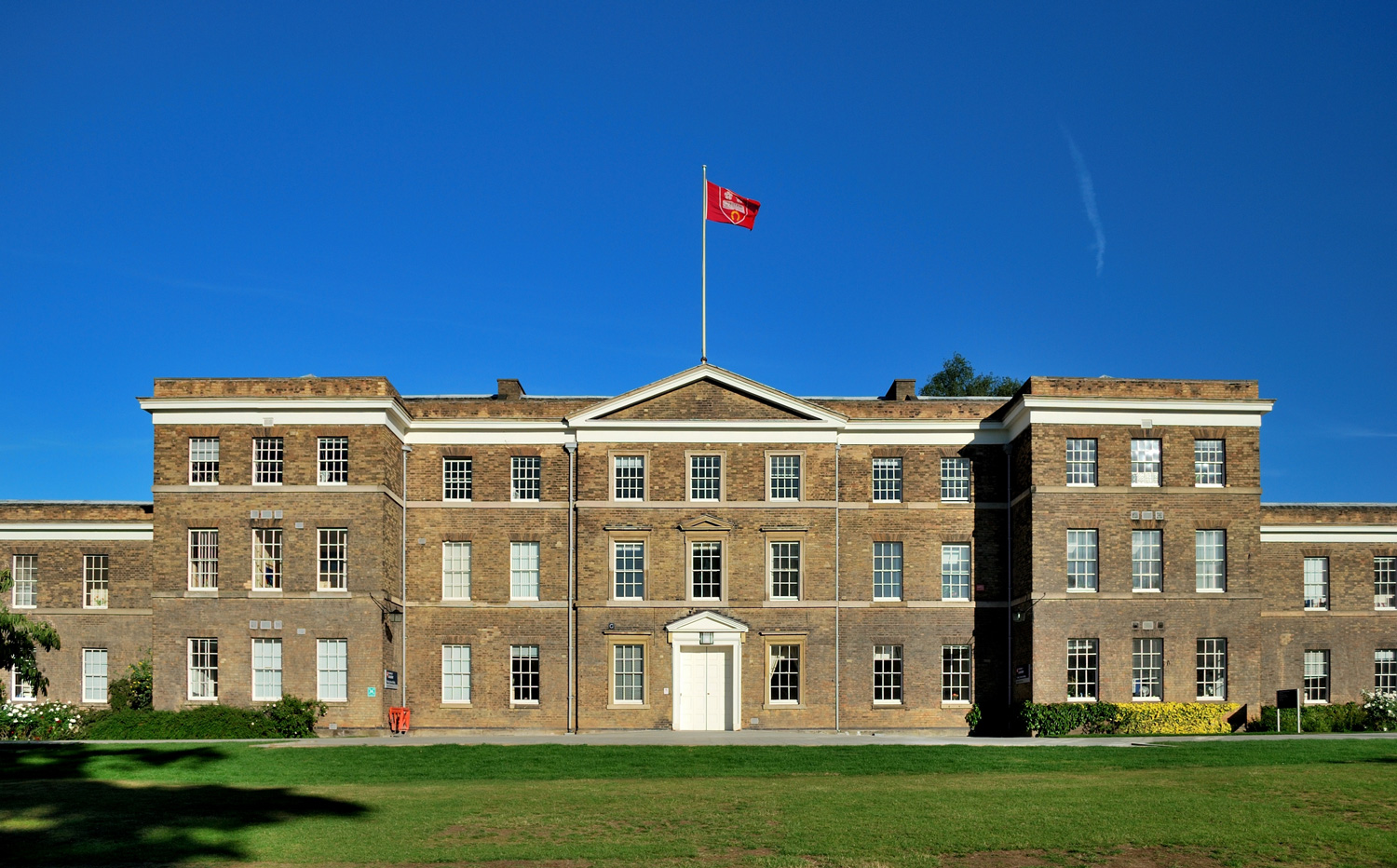University of Leicester
The University of Leicester is based in the city of Leicester in the East Midlands of England. REQUEST INFORMATION
KEY INFORMATION:
Leicester is the 13th largest city in the United Kingdom with a population of approximately 330,000. It is one of the oldest cities in England and appears in the Domesday Book. Ancient Roman pavements and baths remain to this day, alongside evidence of its rapid urbanisation throughout the Industrial Revolution. Today Leicester is a cosmopolitan city which combines English traditions with multicultural activities.



UG 11000
PG 6000



Six steps to University of Leicester
Our method to your success
FREE CONSULTATION MEETING
REPORT & INSTITUTION SHORTLIST
APPLY & RECEIVE AN OFFER
WOO HOO! YOUR OFFER IS ACCEPTED
ARRIVAL & POST ARRIVAL SUPPORT
WE ARE WITH YOU EVERY STEP OF THE WAY
LOCATION:
Road and rail links are good and Leicester is 100 miles from London. The nearest airport to Leicester is East Midlands Airport which is a short drive away or readily accessible by train; it operates flights to a select number of countries mainly within Europe. Leicester is just under under two hour’s drive, or a 150 minute train journey, to Heathrow airport, one of the UK’s major international airports providing flights to Dubai, New York, Frankfurt and Dublin and more than 180 other destinations.The average lowest temperature in and around Leicester is between 0-1.5 degrees in January. The average highest temperature is 22 degrees in July.
REQUEST INFORMATION..

Request Information - University Courses
HISTORY:
The University was founded as Leicestershire and Rutland University College in 1921. Thomas Fielding Johnson, donated the site as he wanted to create a living memorial for those who had lost their lives during the First World War. This is reflected in the University's motto Ut Vitam Habeant – 'so that they may have life'.Students were first admitted to the college in 1921 and in 1927 and in 1957 the college was granted its Royal Charter.The University has established itself as a leading research-led institution and is famous for the invention of genetic fingerprinting and for the discovery of the remains of King Richard III.
LOCATION:
The University’s campus is compact and a few minutes walk from the city centre. The student residential village is about 10-15 minutes walk from the main campus.
RANKING:
University of Leicester is ranked =185th in the Times Higher Education rankings, it is ranked between 301-400th in the Shanghai Jiao Tong rankings. Leicester is not a member of the Russell Group of universities.University of Leicester is ranked 61st in the National Student Survey Satisfaction rankings.
INTERNATIONAL:
There are approximately 7,000 international students at Leicester university from over 70 countries. They represent about 41% of all students at the university.Pathway entry for international students - Leicester's International Study Centre offers foundation courses leading to degree course entry.For more information, please visit Pathway & Foundation page.
SIZE:
Leicester university has approximately 17,000 students in total, just over 11,000 undergraduates and just under 6,000 postgraduates.
EMPLOYMENT:
94.4% of Leicester university graduates enter directly into work, further study or training within 6 months of graduation (source:HESA). A breakdown of post graduation employment by course, showing the split into professional/managerial positions, rather than general employment figures, is available from Unistats an independent source of university data. For more information, please visit the REF Information page.
FACILITIES:
There are more than 120 student societies to join at the University of Leicester ranging from Geology, Music, and Freerunning to Friends of Medicine.The university has a five storey Library with more than 1500 study spaces; the Richard Attenborough Centre with an arts programme of music, dance, performance and gallery space; shops and cafes.The O2 Academy Leicester opened in 2012 on the university campus and houses three music venues with students able to get priority tickets for many events.Students have access to a range of sporting activities including squash, martial arts, football, netball, dance, basketball, circuit training and fitness classes. Sports facilities are housed at the Danielle Brown Sports Centre and The Roger Bettles Sports Centre. Indoor and outdoor pitches are also available.
ACCOMMODATION:
Set in a residential location adjacent to the Botanical Gardens and University Sports Facilities, the Oadby Student Village is based very near the main campus.A number of room types are available with self-catering options. The lowest price for a single room with shared bathroom and kitchen is £87.00 per week. There are currently no catered options available.
COST:
International
International undergraduate tuition fee examples: Fees for full time undergraduate courses start at £17,450 for Arts, Humanities and Business related subjects, rising to £21,515 for Science and Engineering courses. Medicine for 2022 -TBC.
SUBJECT AREAS:
REF (Research Excellence Framework) was an independent government review conducted into the quality of research at UK universities and published in December 2014. This information highlights subjects of specialism within each university. We have listed all subject areas where at least 60% of the research conducted in these specific fields has been graded 3 or 4 stars. (4 stars being the highest ranking REF award). For more information, please visit the REF Information page.
ONLINE COURSES:
The University of Leicester offers distance learning across multi-disciplines to Certificate, Diploma, Bachelor, and Masters level. Examples of courses include: MA Intelligence and Security, MA Media and Public Relations, and MSc Marketing.
LIFE AT University of Leicester
We have been helping overseas students gain entrance to University of Leicester for a number of years now, progressing to high profile careers in the UK. Find out more about this school below.
Review
Coming Soon
 LOOKING FOR AN ONLINE COURSE?
Our team can help you find a relevant course for your study.
BOOK A CALL
LOOKING FOR AN ONLINE COURSE?
Our team can help you find a relevant course for your study.
BOOK A CALL
DOWNLOAD YOUR FREE GUIDE TO A QUALITY UK EDUCATION
Sign up to our free Newsletter and you'll get a free copy of our guide to accessing a UK education to help you navigate the entire process.
REQUEST INFORMATION..
Get free instant access to exclusive content and join our monthly email guide
We’re with you every step of the way and will keep you updated on the latest UK education news. Find out more about joining.
